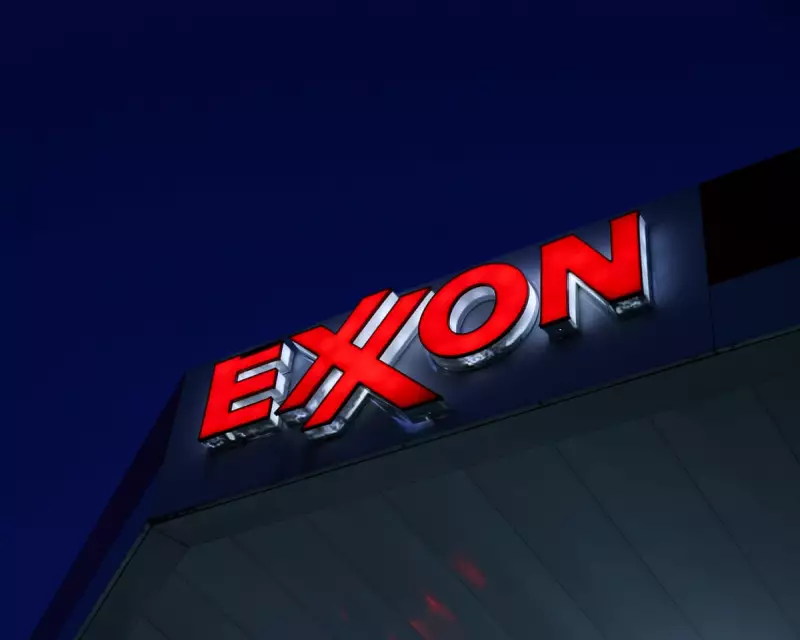
Explosive documents have laid bare a coordinated campaign by oil giant ExxonMobil to fund conservative thinktanks spreading climate denial across Latin America, The Guardian can reveal.
The leaked internal documents show how the fossil fuel corporation systematically channelled funds to organisations working to undermine climate science and environmental regulations in some of the world's most vulnerable regions.
The Hidden Network
According to the files, Exxon provided substantial funding to multiple conservative thinktanks between 2018 and 2023. These organisations then produced materials questioning climate science and opposing environmental regulations across Spanish and Portuguese-speaking countries.
The strategy appears carefully calculated to create doubt about climate change while promoting fossil fuel interests in regions experiencing rapid economic growth.
Targeting Vulnerable Nations
Latin American countries, many facing severe climate impacts from Amazon deforestation to extreme weather events, were particular targets of this misinformation campaign.
The documents reveal how funded organisations:
- Produced articles and reports questioning climate science
- Lobbied against environmental regulations
- Created content for media outlets across the region
- Organised events featuring climate-sceptic speakers
Systematic Approach
Evidence suggests this wasn't isolated activity but part of a broader pattern. The thinktanks involved had previously received funding from fossil fuel interests for similar campaigns in North America and Europe.
One internal communication discusses the need to "build local capacity" for challenging climate policies in developing nations.
Global Implications
This revelation comes as climate scientists warn that delaying action on emissions could have catastrophic consequences worldwide. The exposure of this coordinated campaign raises serious questions about corporate responsibility in the climate crisis.
Environmental advocates are calling for greater transparency around corporate funding of policy groups and media organisations, particularly in regions where environmental protections are still developing.





